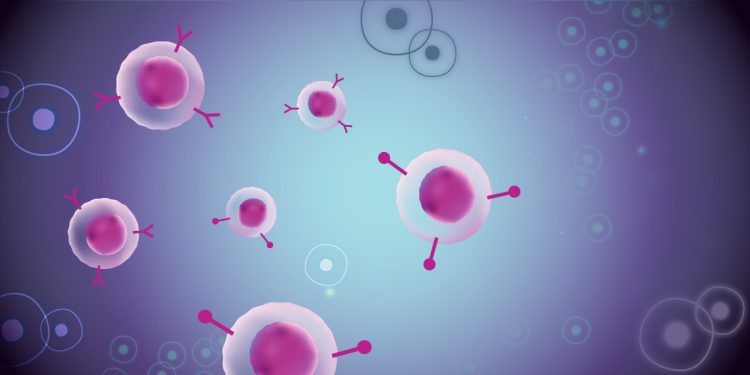
6 Tips to Secure Funding for Flow Cytometers

How FACS, Genetic Screens, and the HAP1 Cell Line Uncover the Biological Mechanisms of Cancer

7 Tips for Purchasing Your Next Cell Sorter

Sorting an Old Problem: Are Cells Stressed by Fluorescence-Activated Cell Sorting?

A Novel CAR-T Cell Therapy Approach Using Fluorescence-Activated Cell Sorting and Stem Cell Transplantation


